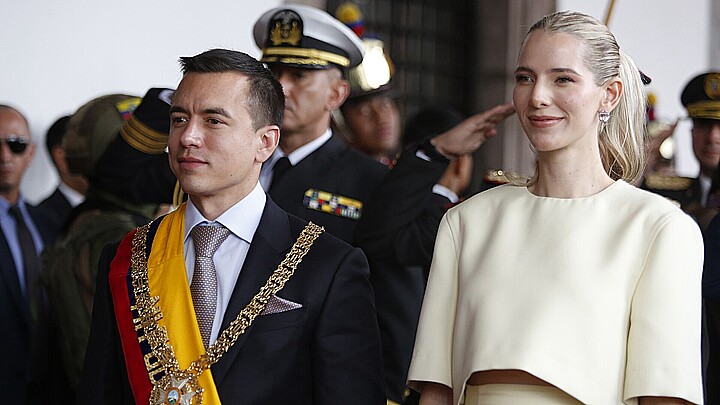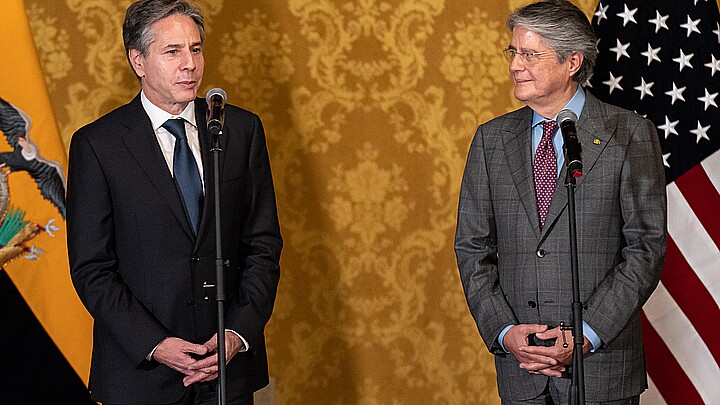Opinion & Reviews
OPINION: Challenging times for Latin America
The consequences could be severe if democratic governments do not seek ways to alleviate economic hardship while avoiding the social cost
February 22, 2022 1:42pm
Updated: February 23, 2022 6:49pm
The global economic context presents a troubling scenario for several democratic countries in Latin America and could bring about political consequences similar to those seen in 2021 with alleged "refoundational" processes in Chile, destabilization attempts in Colombia, or elections that proved to be disastrous in Peru.
The consequences could be more serious if democratic governments do not seek ways to alleviate economic hardship while avoiding the social cost, and ways to carry out political reforms and avoid corruption.
Although the global economy in 2022 will remain positive, growth will slow down due to inflationary pressure, oil and gas price volatility, persistent problems with the production and supply of basic necessities, high public debt, and the cost of financing.
According to the World Bank, growth could drop from 5.5% in 2021 to 4.1% in 2022, a figure that could expand the differences between regions and countries. Latin America and the Caribbean will slow down its growth rate in 2022 to 2.1%, according to ECLAC projections, after growing 6.2% on average last year.
Colombia faces one of the greatest socio-economic challenges in the region. The country’s electoral pendulum favors trends associated with 21st Century Socialism, which has brought so much terror and suffering to countries such as Venezuela, Bolivia, and Nicaragua. The colonization of Colombia has been one of the greatest desires of the Venezuelan regime, following in the footsteps of the Cuban communist regime.
Progress in modernizing the economy, improving the competitiveness of national companies, containing inflationary trends, and generating jobs are among the main economic challenges that democratic countries face.
It is equally important to address the matter of education, which has been aggravated by the COVID-19 crisis, but which is also problem that has been accumulating for decades. The fight against corruption is also paramount. Apart from legal and ethical reasons, corruption is also a burden for economic activity.
The good news is that the winds are blowing in favor of countries with strong export activity, including Colombia and Brazil, where the president condemned Nazism and communism. In Chile, President-elect Gabriel Boric has shown good signs for the country’s economic portfolio with some of his appointments. However, he will have to deal with the constituent phenomenon—refoundation—which he supported and has so far caused chaos and extreme political stances, the opposite of what the country needs.
However, higher oil prices could mean more money for the Venezuelan regime, which has already served as a patron and organizer of the anti-democratic front in the region. This is an issue that democracies cannot lose sight of, especially the United States, which has imposed economic sanctions on that dictatorship due to serious human rights violations—and which Maduro has managed to circumvent.









